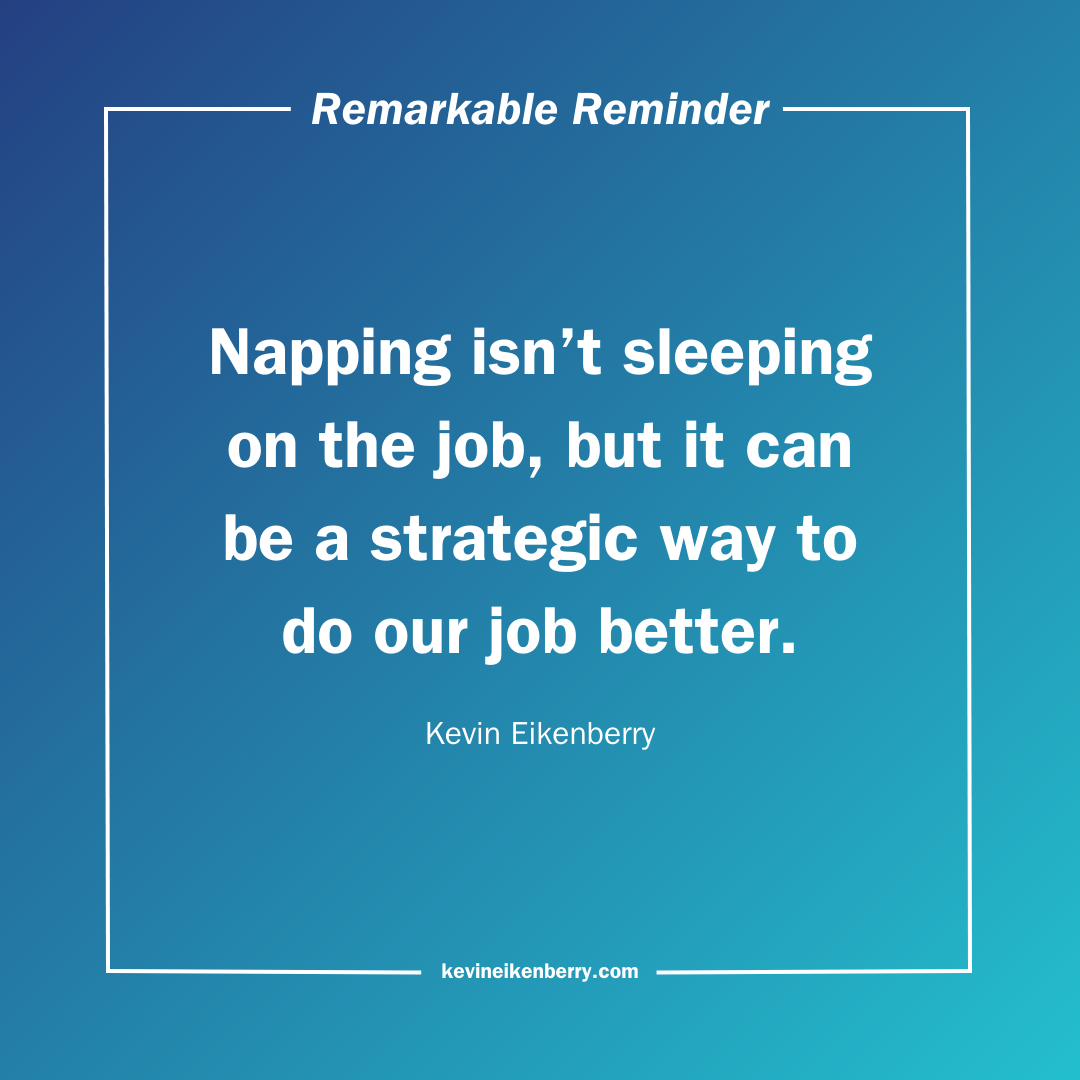I'm addressing a topic that might raise a few eyebrows: napping at work. Now, before you dismiss the idea, let's explore why this could be more than just catching a few z's during work hours.
Is Napping at Work Really a Good Idea?
Many might question my credibility for even suggesting napping as a work activity. But, let's remember that some of history's greatest minds – Edison, Einstein, Churchill, and yes, yours truly – have been proponents of napping. Their accomplishments speak volumes about the potential benefits of this practice.
The Benefits of Napping
- Boosting Productivity: Sometimes, a quick nap can be just what you need to overcome a challenging task. It's about giving your brain a brief rest, allowing for fresh ideas and insights to emerge.
- Enhancing Clarity and Focus: Ever noticed how a lack of sleep impacts your ability to concentrate? A short nap can do wonders for your mental sharpness, crucial for both safety and efficiency at work.
- Gaining Insights: Napping can be a moment of tranquility that leads to breakthrough ideas. It's about stepping back momentarily to see things from a fresh perspective.
- Improving Health: With so many adults struggling to get enough sleep, a nap can be a small step towards better overall health.
How to Nap Effectively at Work
- Duration: I recommend a nap lasting between 7 to 30 minutes. It's short enough to prevent you from entering deep sleep, but long enough to refresh you.
- Location: This will vary based on your work environment. If you're at home, a comfortable chair might be your best bet. In an office, it's a bit more complicated, and you might need to consider the cultural context.
Whether napping at work is feasible depends on the culture of your organization. It requires a balance of understanding the norms and recognizing the benefits it can offer.
Remember, napping isn't about being lazy at work. It's a strategic tool for improving how you work. If you're a leader of leaders or someone interested in enhancing organizational results, consider exploring these unconventional yet effective strategies.
Follow The Remarkable Leadership Podcast


0 comments